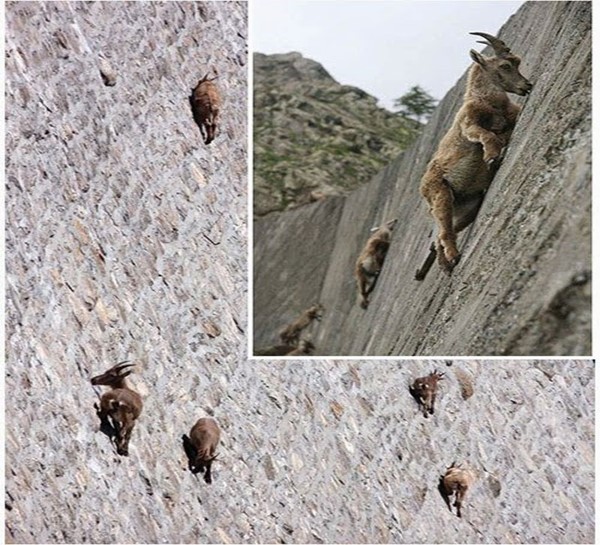
To listen to this reflection as a podcast, click here.
Every day during this season of Lent we’re looking at one of the “3:16” verses of the Bible, spotlighting some of the significant theological statements that happen to fall on the 16th verse of the third chapter of a number of Old and New Testament books.
“I heard and my heart pounded, my lips quivered at the sound; decay crept into my bones, and my legs trembled. Yet I will wait patiently for the day of calamity to come on the nation invading us” (Habakkuk 3:16).
It’s disheartening to discover that walking with God isn’t a walk in the park.
Every now and then we find ourselves hanging on for dear life at the edge of an abyss.
That was the experience of the prophet Habakkuk. He’s famous for having a name that’s hard to spell and hard to pronounce – and for writing poignantly about the hardest moment in his life. Israel was about to be invaded. Habakkuk’s world was caving in. Everything safe and predictable was vanishing.
Bible scholar N.T. Wright points out that the land of Israel is a small country. “You can walk its length, north to south, in a few days, and from its central mountains you can see its lateral boundaries, the sea to the west and the river to the east.” Nevertheless, Israel has had an impact on world history that is far out of proportion to its size.
Wright observes, “Every 44 years out of the last 4,000, on average, an army has marched through it, whether to conquer it, to rescue it from someone else, to use it as a neutral battleground on which to fight a different enemy, or to take advantage of it as the natural route for getting somewhere else to fight there instead.”
So it’s not surprising, in Habakkuk’s day, that one of the world powers, Babylon, is closing in on his homeland. The prophet is distraught. Here’s how he launches his book:
How long, Lord, must I call for help,
but you do not listen?
Or cry out to you, “Violence!”
but you do not save?
Why do you make me look at injustice?
Why do you tolerate wrongdoing?
Destruction and violence are before me;
there is strife, and conflict abounds. (1:3-4)
Where is God in the middle of this disaster?
What Habakkuk comes to understand is that God is, quite literally, in the middle of this disaster. He has ordered Babylon to punish Israel. God is working out the next chapter of Israel’s history, and working out the details of Habakkuk’s personal history as well, in what seems for the moment like sheer injustice.
After three chapters of spiritual wrestling, Habakkuk feels overwhelmed. Our “3:16” verse reveals the stress on his heart, lips, bones, and legs. This guy’s whole body is a wreck.
But he’s not done with God. He will wait patiently for justice to be done. He closes his book with one of the Bible’s most powerful expressions of trust:
Though the fig tree does not bud
and there are no grapes on the vines,
though the olive crop fails
and the fields produce no food,
though there are no sheep in the pen
and no cattle in the stalls,
yet I will rejoice in the Lord,
I will be joyful in God my Savior.
The Sovereign Lord is my strength;
He makes my feet like the feet of a deer,
He enables me to tread on the heights (3:17-19).
Several species of mammals are renowned for their uncanny balance on narrow ledges.
The red deer that is common to the Middle East has astonishing sure-footedness, especially along ridgelines that would terrify most people.
The goats pictured here seem to have watched Spiderman a few times too many. Do they fall from time to time? They do. But they are stunningly resilient, and quickly resume their climbing.
Habakkuk came to trust that God was able and willing to give him a vital gift: the ability to journey to life-threatening, peace-shattering places, yet to come back alive and tell the story.
We weren’t made for walks in the park. Our call is to go up on the heights.
And to know that wherever we are being sent, God is walking before us.
